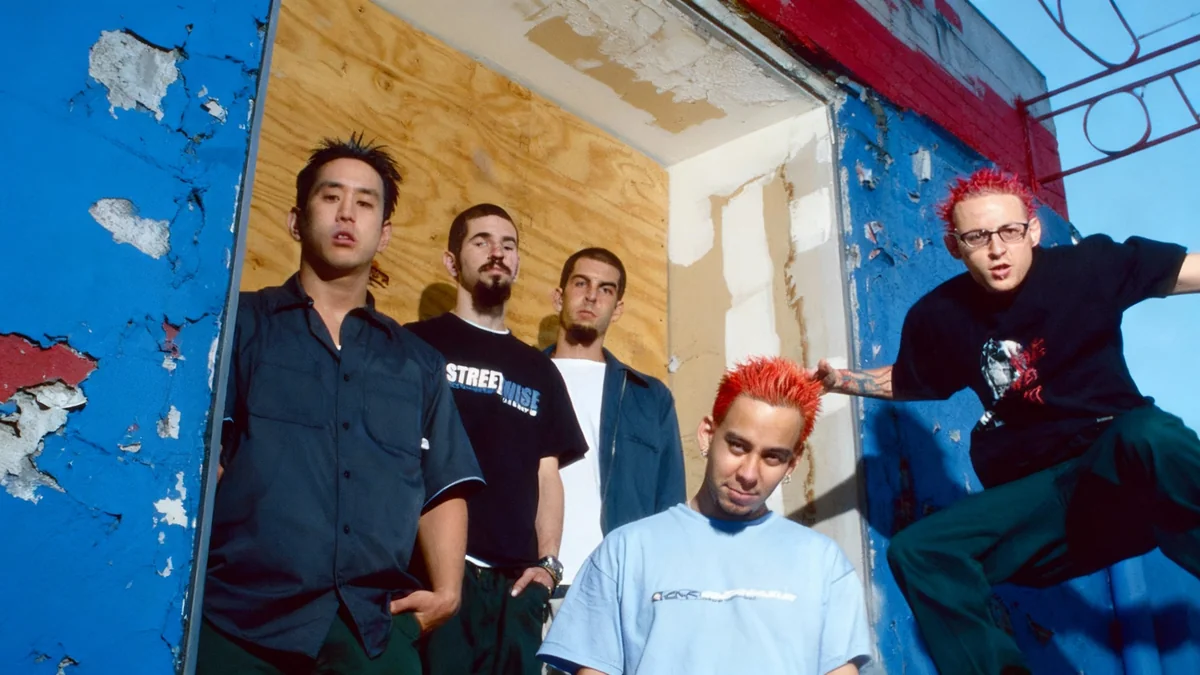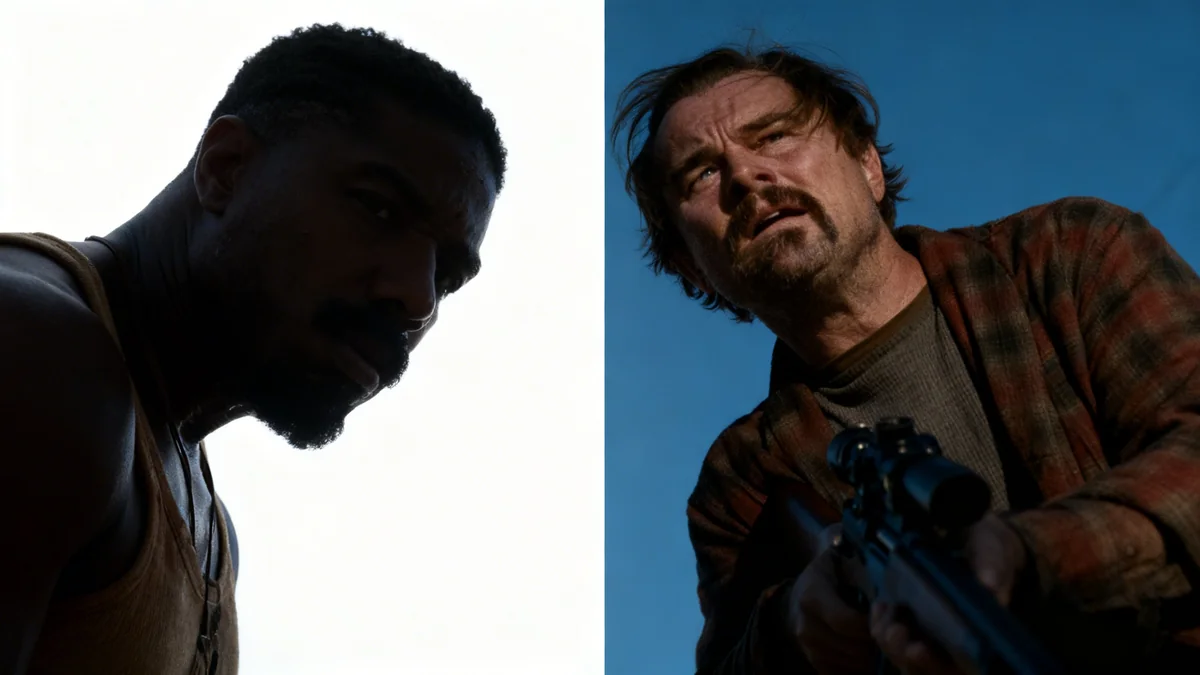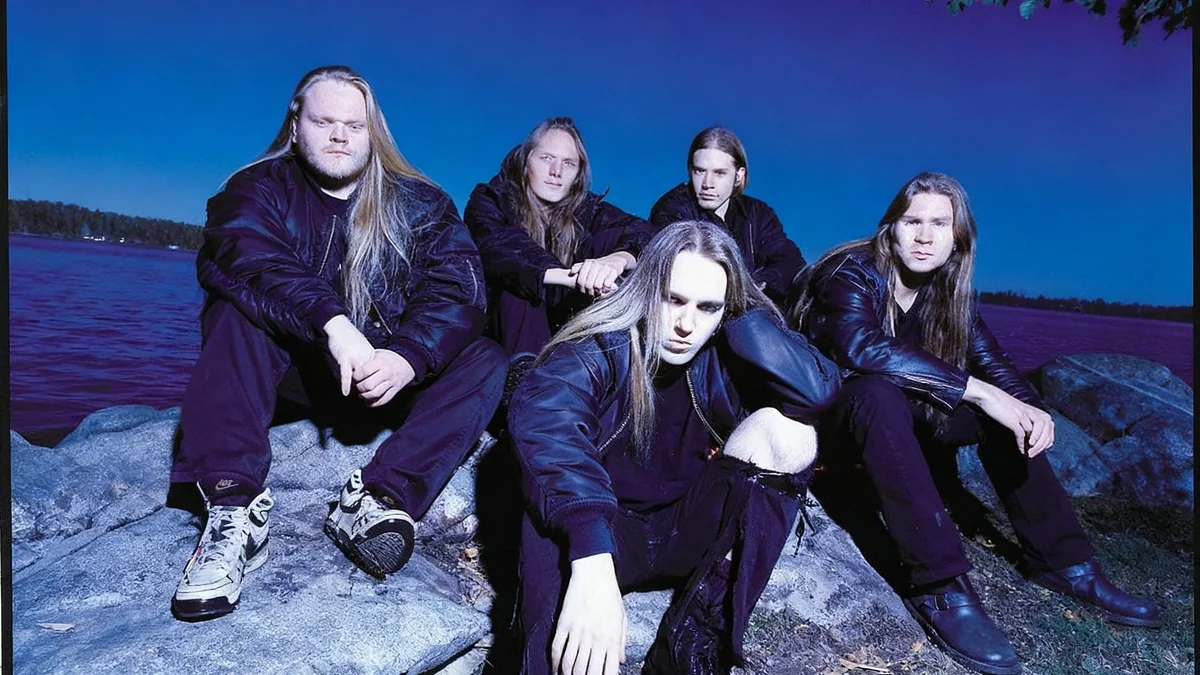Linkin Park's iconic track 'In The End' from their debut album Hybrid Theory continues to resonate with audiences over two decades after its initial release. The song, initially met with some internal skepticism from vocalist Chester Bennington, became a global phenomenon and remains a cornerstone of the band's legacy, embodying a blend of genres that defined a generation.
Key Takeaways
- 'In The End' was a pivotal track from Linkin Park's 2000 debut album, Hybrid Theory.
- Vocalist Chester Bennington initially had reservations about the song being a single due to its softer sound.
- The track blended metal, rap, and pop, helping to break down musical genre barriers.
- It became the band's second song to surpass one billion views on YouTube in 2020.
- The song's themes of frustration and futility continue to connect with listeners globally.
The Genesis of a Global Hit
The creation of 'In The End' took place in a rather unassuming setting. Mike Shinoda, one of the band's vocalists and primary songwriters, found himself in a modest rehearsal space in West Hollywood. This area, now home to upscale restaurants, was quite different in the late 1990s, characterized by a grittier urban landscape.
Shinoda recounts hitting a creative stride one day and deciding to stay overnight in the windowless room, dedicating himself to writing. By the next morning, the foundational elements of 'In The End' were complete. The band was reportedly impressed from the moment they heard the demo.
Song Fact
'In The End' was written in a rehearsal space located at the junction of Hollywood and Vine, an area Mike Shinoda described as being frequented by "prostitutes and drug dealers" at the time.
Breaking Musical Boundaries
Linkin Park emerged onto the music scene at a time when listeners often confined themselves to specific genres like rock, hip-hop, or jazz. Their debut album, Hybrid Theory, released on October 24, 2000, challenged these conventions. The band's sound was a fresh fusion of heavy metal, sharp rap verses, electronic elements, and pop-friendly choruses.
This innovative approach helped dismantle the rigid boundaries between musical styles. Mike Shinoda reflected on this impact, stating, "It was part of the progression towards breaking down boundaries between styles." The album's commercial appeal was undeniable, capturing the prevailing mood of the time and hinting at future musical trends.
"At the time, if you asked somebody what they were listening to they’d say, ‘I listen to Rock. ‘I listen to hip hop.’ ‘I listen to jazz’,” Mike Shinoda explained. “It wasn’t until five years later they’d say, ‘Everything’. [Hybrid Theory] did some of that work. It was part of the progression towards breaking down boundaries between styles of music.”
Themes of Frustration and Introspection
Unlike many of their nu-metal contemporaries, who often focused on aggressive or hedonistic themes, Linkin Park explored deeper emotional territory. Their lyrics frequently addressed feelings of frustration, anxiety, and depression. This introspection set them apart from bands known for a more boisterous, 'frat boy' image.
Chester Bennington, who joined the band in 1999, brought his own experiences of trauma and bullying, which significantly influenced the band's songwriting. The band consciously avoided writing songs that merely expressed anger, opting instead for a more nuanced exploration of internal struggles.
Genre Evolution
Linkin Park’s sound was a stark contrast to some other nu-metal bands of the era. While many embraced a party-heavy image, Linkin Park focused on internal emotional battles, a theme that resonated deeply with a broad audience.
Shinoda noted, "We didn’t want to write about, ‘Punch you in the face and I’m so mad’. A lot of that stuff was in the ether, but we counterbalanced it with introspection and other stuff about ourselves." This approach allowed them to connect with a wider audience, particularly teenagers grappling with similar feelings.
Chester Bennington's Initial Reservations
Despite its eventual success, 'In The End' was not universally embraced by the band members from the outset. Chester Bennington, known for his dynamic vocal range, publicly expressed misgivings about the track, particularly its suitability as a single. He felt it was a departure from the band's heavier material and perhaps too "soft" or accessible.
Shinoda recounted Bennington's varied opinions over time. "You’ll hear him say everything from, ‘I like the song but I never wanted it to be a single’, to ‘I hated the song’," Shinoda explained, highlighting Bennington's complex relationship with the track.
Sales Milestone
By the time 'In The End' was released as a single in late December 2001, Hybrid Theory had already sold five million copies worldwide, establishing Linkin Park as a major force in music.
The rest of the band and their label, Warner Music, held more confidence in the song's potential. They saw it as a strategic release to cap off the album's single cycle, following hits like 'One Step Closer,' 'Crawling,' and 'Papercut'. Their instincts proved correct; 'In The End' became the anthem that solidified Linkin Park's global presence.
A Timeless Anthem
The song's structure, starting with a melancholic piano riff and Mike Shinoda's frustrated rap verses, builds to Chester Bennington's powerful, cathartic chorus: "I tried so hard and got so far / But in the end, it doesn't even matter." This lyrical core, exploring themes of hopelessness and the ephemeral nature of effort, struck a chord with millions.
Shinoda described the song's core message: "There’s a weird battle with hopelessness and the ephemeral nature of time and our lives that the song is really about. What’s so odd about the song is its almost talking about these things and saying ‘I don’t have any answers’. Because usually a song isn’t about having no answers right?"
Streaming Success
In July 2020, 'In The End' surpassed one billion streams on YouTube, becoming Linkin Park's second song to achieve this milestone, following 'Numb'.
Even in live performances, the song's impact was evident. Guitarist Brad Delson noted that during the bridge, the crowd's singing was often so loud it drowned out the band. This led to moments where Bennington and Shinoda would simply hold out their microphones, allowing the audience to take over.
Years later, Bennington himself acknowledged his initial misjudgment. In a 2013 interview, he admitted, "I was never a fan of In The End, and I didn't even want it to be on the record, honestly. How wrong could I have possibly been?" This statement underscores the song's undeniable power and enduring appeal.
Today, 'In The End' remains a powerful anthem, connecting with new generations and continuing to be performed live by the reformed band, a testament to its timeless message and musical innovation.




